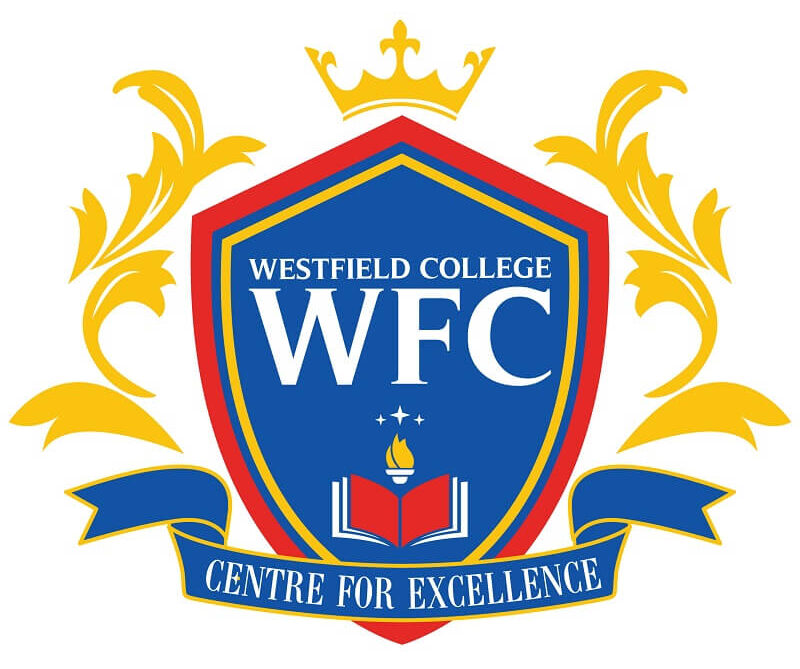Communication in Health and Social Care. Great Course. Very Easy to Understand
BSc (Hons) Sociology

BSc (Hons) Sociology
Overview:
The Sociology degree at the college of wfc has a focus on global sociology and the compelling current debates around social justice and sustainable development. Sociology is an essential discipline that helps us understand and think critically about the development of modern societies. Change and uncertainty are making it more important than ever to have the skills and knowledge needed to address new challenges, such as the impact of social media; cancel culture; migration; poverty; the environment, and meeting the sustainable development goals.
Our Sociology degree balances theoretical understandings with contemporary issues, and was designed with a distinct focus on applied sociology, with complementary international, economic and political dimensions. You will gain social policy development, design thinking, research, and project management skills. Social change in recent decades has increasingly blurred the boundaries between domestic and foreign affairs. This course equips students to understand how geographically distant forces often inform their lives and those of others across the globe.
The overarching course philosophy is to build students’ understanding and ability to engage with real-world problems, to enable them to contribute to their communities and be attractive to employers. You will be joining a close-knit department where we get to know our students well, and our relatively small classes provide a supportive atmosphere with a personalised approach.
Online application form
Information requested on this form should be completed in as much detail in order to process your application successfully. All fields marked * must be completed.
Apply Now
Entry Requirements
Contextual offers
We may make you a lower offer based on a range of factors, including your background (where you live and the school or college that you attended for example), your experiences and individual circumstances (as a care leaver, for example). This is referred to as a contextual offer and we receive data from UCAS to support us in making these decisions. USW prides itself on its student experience and we support our students to achieve their goals and become a successful graduate. This approach helps us to support students who have the potential to succeed and who may have faced barriers that make it more difficult to access university. Here is a link to our Contextual Admissions Policy.
Other qualifications and experience
We can also consider combinations of qualifications and other qualifications not listed here may also be acceptable. We can sometimes consider credits achieved at other universities and your work/life experience through an assessment of prior learning. This may be for year one entry, or advanced entry to year two or three of a course where this is possible.
To find out which qualifications have tariff points, please refer to the UCAS tariff calculator.
If you need more help or information or would like to speak to our friendly admissions team, please contact us here
WHAT YOU WILL STUDY
The first year of your sociology degree is designed to get you thinking sociologically and critically. You’ll be introduced to the ways that sociological knowledge of societies has been produced through a range of applied approaches and theories.
In the second year, you will undertake a work placement that provides a crucial opportunity to apply and reflect on the skills you’re gaining in a workplace environment.
In the third year, you will conduct a supervised research dissertation project where you can further develop and display your sociological expertise and graduate-level skills.
YEAR ONE: SOCIOLOGY DEGREE
- Classical Sociological Theories
- Poverty, Inequality and Social Welfare
- Social Justice and Social Exclusion
- Past, Present & Future Sociologies
- Research, Evaluation & Policy
- Equity, Equality and Diversity
YEAR TWO: SOCIOLOGY DEGREE
Contemporary Sociological Theory
Society and the Environment
Design Thinking, Research Methods & Project Management
Work Experience in Sociology
Global Perspectives on Violence and Conflict
Youth Studies, Young People and Social Policy
YEAR THREE: SOCIOLOGY DEGREE
- Social Policy Dissertation Project
Global Studies
Community Activism in Civil Society
Teaching
The sociology degree is taught through lectures, seminars, and workshops, all of which use established and innovative teaching methods to get you thinking and working together. You’ll be required to work on assignments, read about current topics to prepare for participation in seminars, and attend lectures. Assessment is closely matched to each module’s learning objectives, and a range of different assessments are used in order to fully develop your transferable skills.
For each assessment your lecturers will provide detailed feedback and feedforward in order to help maximise the trajectory of your learning. You’ll be taught by team of lecturers who have an array of expertise in areas such as social policy, nationalism, religion, globalisation, digital technologies, and the politics of climate change. You’ll be exposed to current real world issues and taught by academics who are actively contributing to the discipline and their own specialist field.
As one of our students you’ll have the opportunity to become a member of the British Sociological Association and participate in the USW Sociology Society, which is run by our current students. Our Global Choices series offers inspiring public lectures that address some of the most complex and pressing challenges facing the world today, delivered by people who have witnessed and been participants in major world events. Recent speakers include: Lord Hain of Neath, former cabinet minister; Rt Hon Jack Straw, former cabinet minister; Sir Richard Dearlove, former Head of MI6; and Steven Frank, child holocaust survivor.
Assessment
The sociology degree is assessed primarily through coursework, with some exams. Assessments include presentations, group and individual projects, marked debates, surveys, portfolios, manifestos and peer assessments.
COURSE DETAILS
Placements
You may be able to study for up to a year in Europe, the USA, or further afield. Studying abroad is a great boost to your learning and your CV. You’ll gain an international perspective on your studies, and the time you spend overseas can count towards your sociology degree.
We regularly revalidate courses for quality assurance and enhancement
At USW, we regularly review our courses in response to changing patterns of employment and skills demand to ensure we offer learning designed to reflect today’s student needs and tomorrow’s employer demands.
If during a review process course content is significantly changed, we’ll write to inform you and talk you through the changes for the coming year. But whatever the outcome, we aim to equip our students with the skillset and the mindset to succeed whatever tomorrow may bring. Your future, future-proofed.
Additional Costs
As a student of USW, you’ll have access to lots of free resources to support your study and learning, such as textbooks, publications, online journals, laptops, and plenty of remote-access resources. Whilst in most cases these resources are more than sufficient in supporting you with completing your course, additional costs, both obligatory and optional, may be required or requested for the likes of travel, memberships, experience days, stationery, printing, or equipment.
CAREERS
Graduates of this sociology degree have entered a range of rewarding careers that include teaching, professional social work training, community and youth work, charity work, and in local authorities, or in police, prison, probation, protection and victim support services. Many of our graduates also progress to postgraduate study and research.
Our Careers and Employability Service
As a USW sociology student, you will have access to advice from the Careers and Employability Service throughout your studies and after you graduate.
This includes: one-to-one appointments from faculty based Career Advisers, in person, over the phone or even on Skype and through email via the “Ask a Question” service. We also have extensive online resources for help with considering your career options and presenting yourself well to employers. Resources include psychometric tests, career assessments, a CV builder, interview simulator and application help. Our employer database has over 2,000 registered employers targeting USW students, you can receive weekly email alerts for jobs.
Our Careers service has dedicated teams: A central work experience team to help you find relevant placements; an employability development team which includes an employability programme called Grad Edge; and an Enterprise team focused on new business ideas and entrepreneurship.
Fees
Full time
- 12 to 18 months
£7,250
You’ll study 9 modules in total (approx. 37 hrs/week).
Part time option one
- 12 to 18 months
£4,250
You’ll study 6 modules per year (approx. 25 hrs/week).
Part time option two
- 12 to 18 months
£5,500
Have a question about our professional qualifications?

Contact us about our professional qualifications
If you have any questions about our professional qualifications in finance and banking, please contact our customer services team.
Call us
- +44 (0) 203 771 5653
- admissions@westfieldcollege.co.uk
What Our Students Have To Say
Hi, I recently started Access to Higher Education Diploma (Nursing and Midwifery) course with Westfield College.
--Komal Kiran Galaria
DesignerMy experience with Westfield College is great. The supervisor and the admin team are proactive and efficient.

